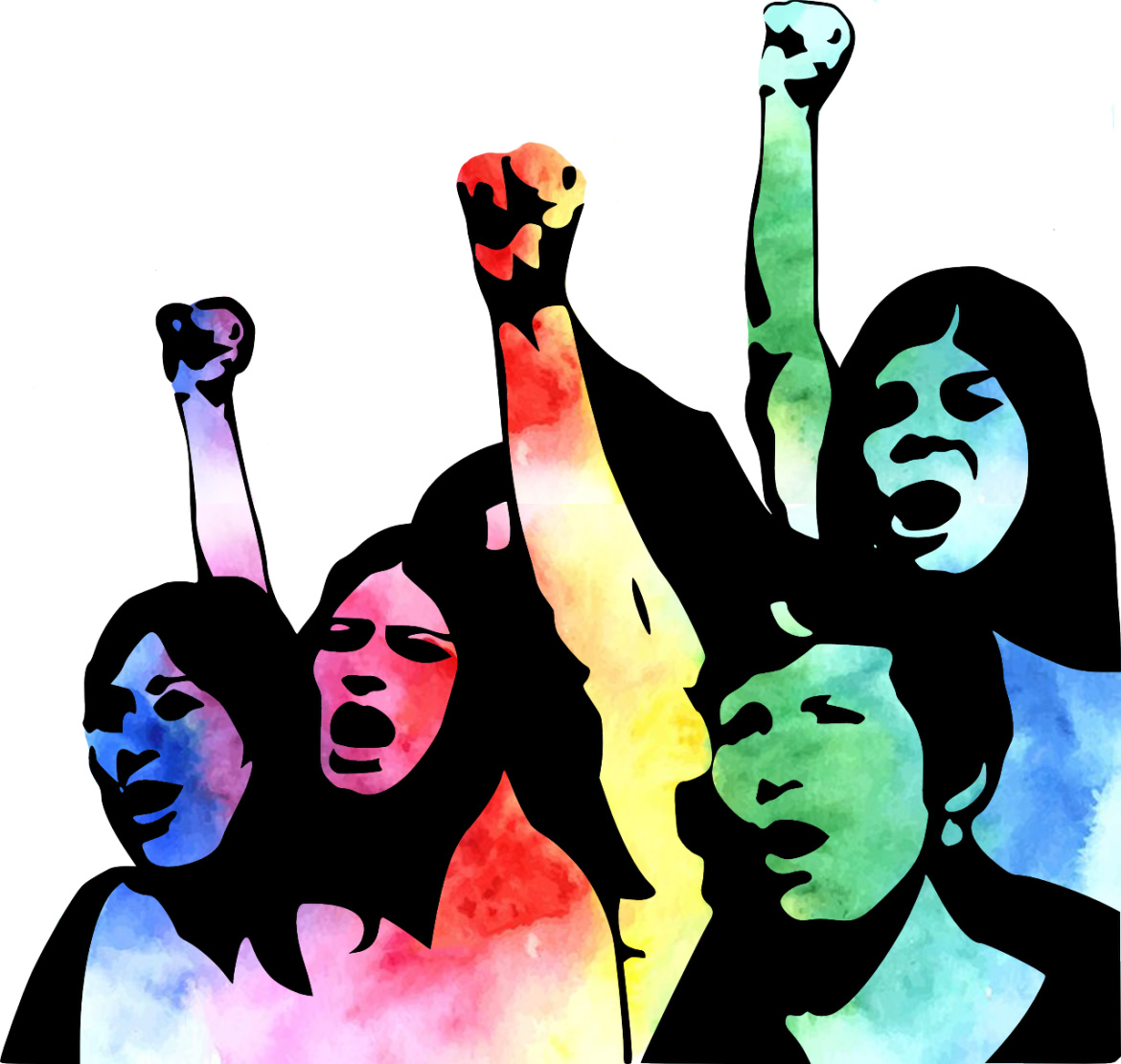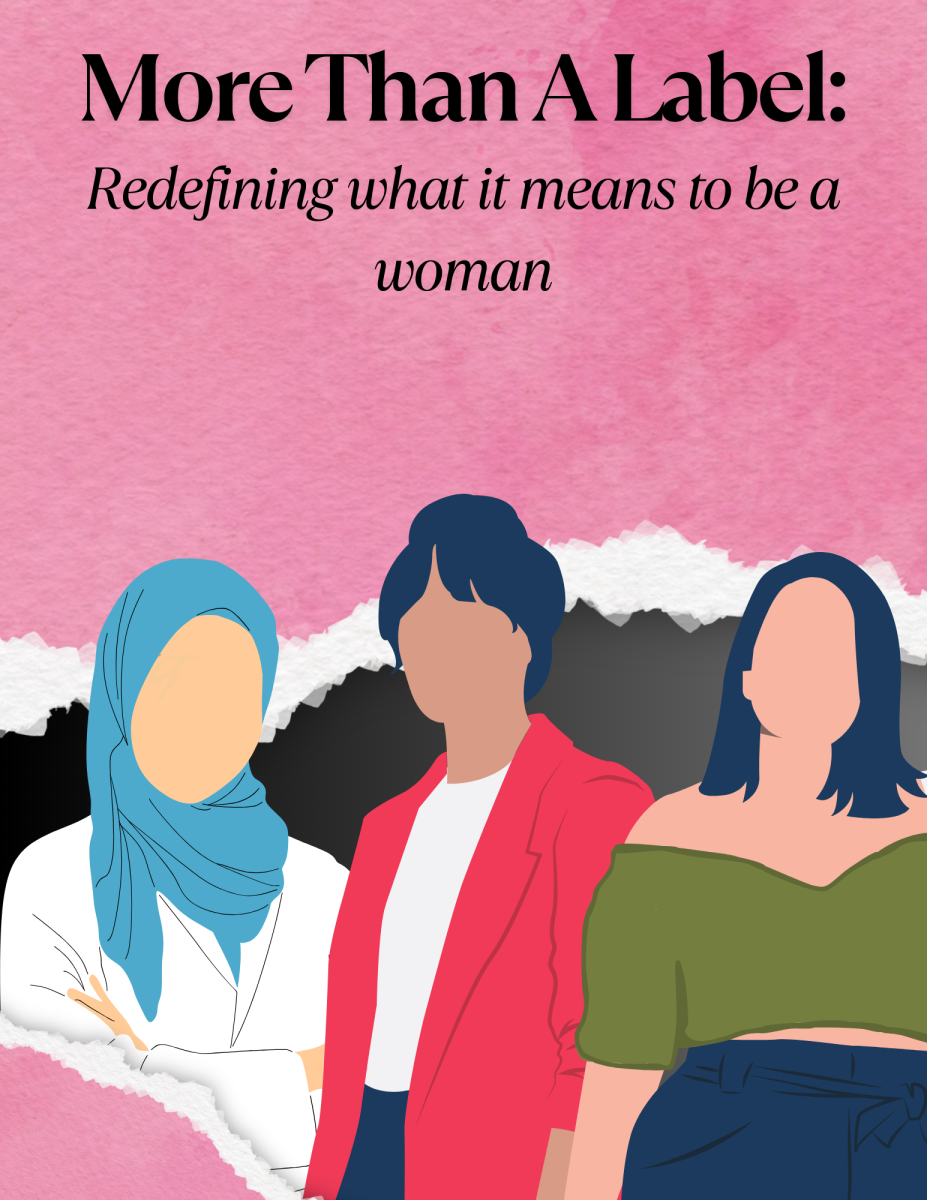Thousands of brave women marched up and down bustling streets all over the globe in order to protest for their rights. They demanded suffrage tired of being oppressed, advocating for social, political, and cultural change. Although many protests occurred in the 1900s, such as the 1913 Women’s Suffrage Parade and Women’s Strike for Equality in 1970, there still seem to be parallels to these same protests happening today such as the Women’s March in 2022 which occurred in rallies throughout major cities in the country including Washington D.C. If over 100 years ago women were fighting for rights and equality, why are women still fighting similar battles today?
Women’s History Month occurs every March and is a significant mark to honor and celebrate the contributions women have made in American history. For years, women have been oppressed so I believe with current situations such as Roe v. Wade being overturned, we need a reminder of how women of the past have spoken up for women’s rights, to prove that we can still make a change too.
Although some may think of these acts of discrimination against women as a thing of the past, this problem is still very real and goes on today in a variety of different ways. Not only does it occur in many places throughout the world, but it also affects many people directly within our school community.
A survey conducted to LSE students showed that about 90.6% of people believe that women in our community have been discriminated against. Students identified different examples of this happening throughout our school and community:
- Objectification of women (getting called “run through” and “passed around”)
- Catcalling throughout halls
- Getting ignored or excluded in sport and classroom settings
- Not as much support in girls sports
- Being called weak, men are stronger and should do “tougher jobs”
- Reproductive health being subjected to ban
- Wage gap in jobs
- Discrimination of dress code between women and men
- Harmful stereotyping and being misogynistic
- Calling girls names and making crude sexist jokes
- When women get sexually harassed and bring it up to admin, little to nothing is done about the situation
However, not all staff and admin are “ignorant” of these issues. Chelsea Merritt-Merboth, Co-leader of the Feminist Club, believes that Women’s History Month is a great way to bring awareness to these issues.
“Women in our community are directly affected by legislation that is tone-deaf to our individual needs and personhood. Additionally, women are disproportionately negatively impacted by sexual assault, abuse by a domestic partner, unfair/uninformed medical practices, and employment discrimination just to a name a few issues,” Merboth said. “Women’s month gives us a platform to voice concerns and demand change through positive discussions.”
No matter how young or old women are, gender discrimination can affect anyone. As a child I was told I couldn’t pick up chairs because I wasn’t as “strong” as a boy. I was excluded from activities in school and underestimated because I was a girl. It made me question why so many people thought that girls were incapable of doing the same things as boys. Even if these things are “insignificant” they can still add up throughout a person’s life and ruin someone’s self-esteem growing up.
These problems need to be acknowledged in everyday society instead of being filtered out in popular media. Day after day, brave women’s voices are covered up and victims’ cries for help are ignored. We should uplift these voices and bring awareness to these issues. Even if the world is against this, we as a community can make a stand in ensuring that current and future generations to come, will be safe, and will live in an equal environment for everyone regardless of what your gender is.
Women’s History Month is an important month that should be acknowledged by many. Even something as small as educating yourself by reading this article is a step in the right direction. Overall, it is a truly empowering way to bring awareness to many around the world and educate them on the outstanding accomplishments that brave women have made.







